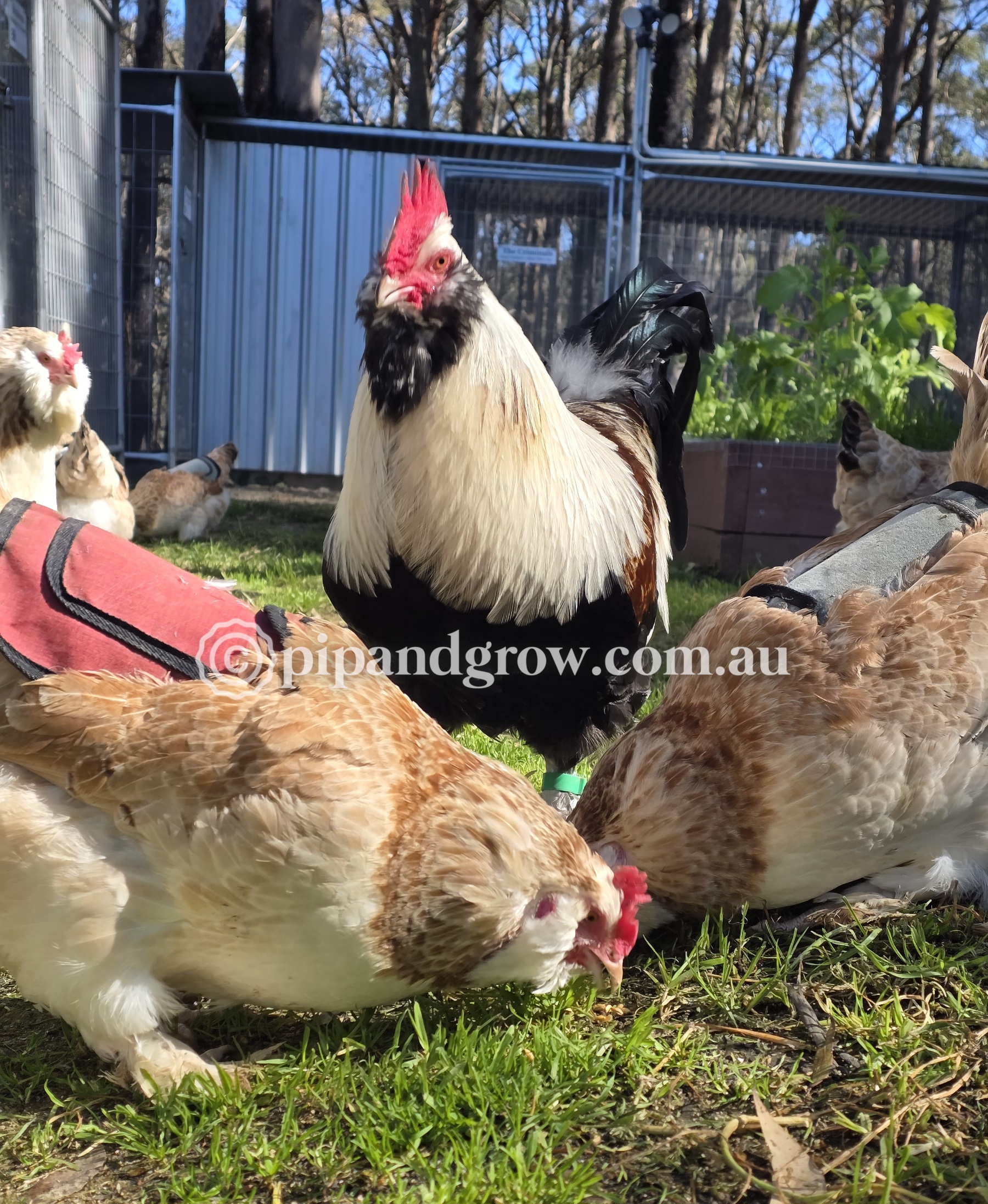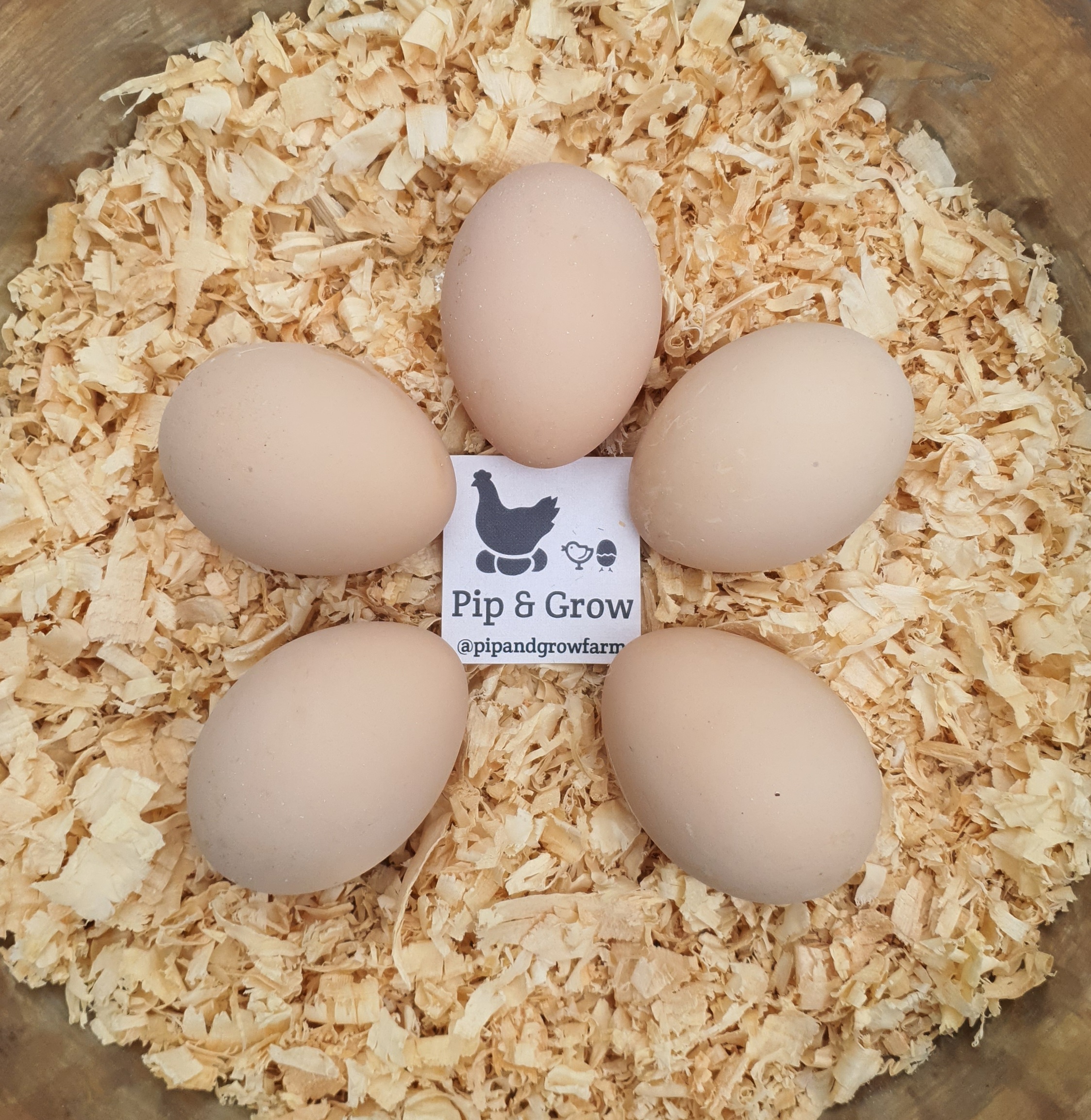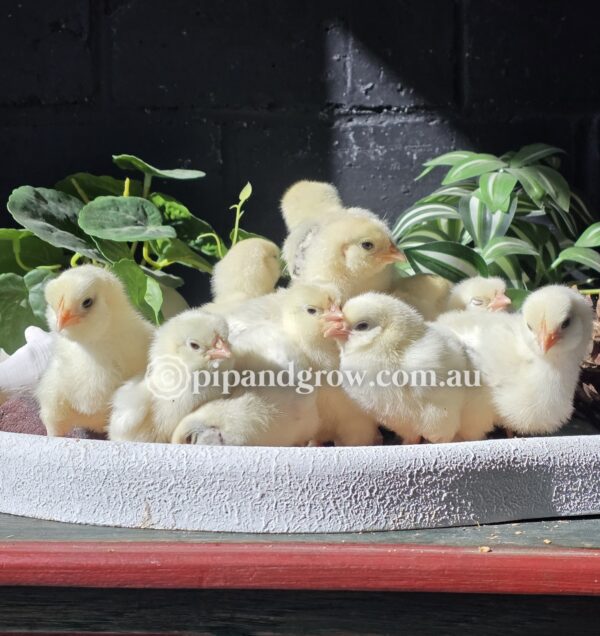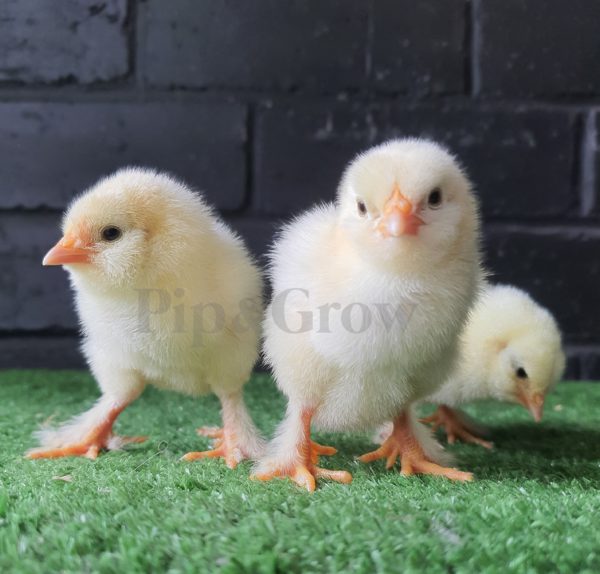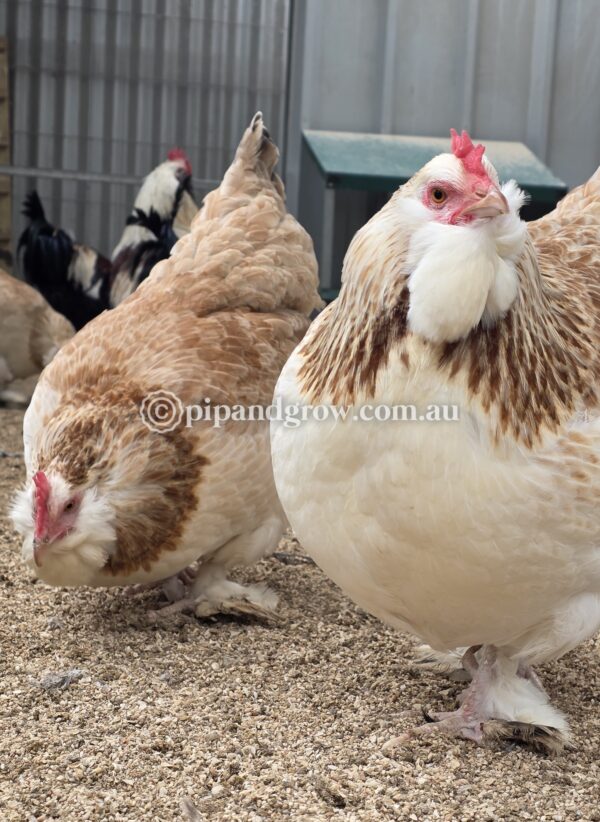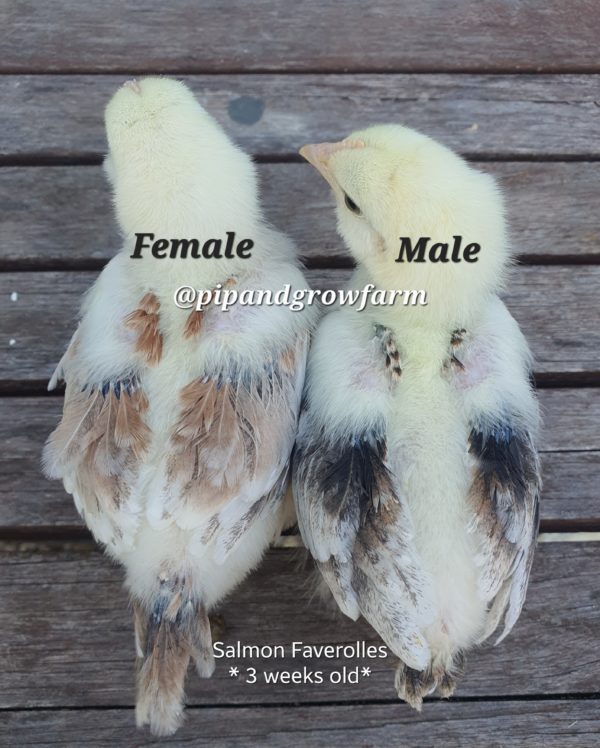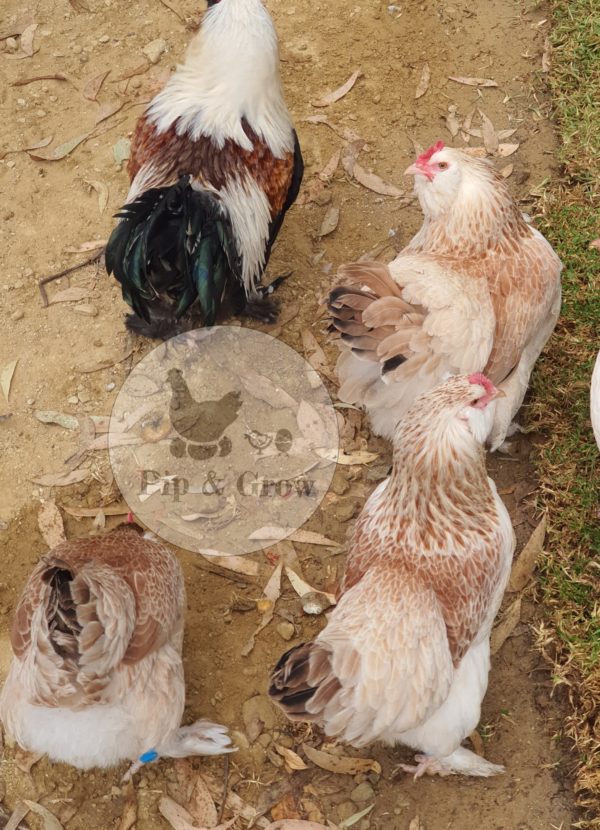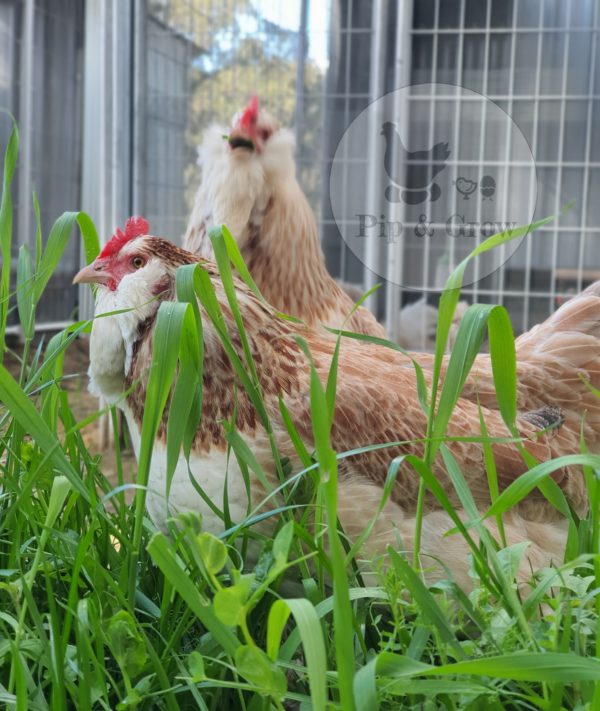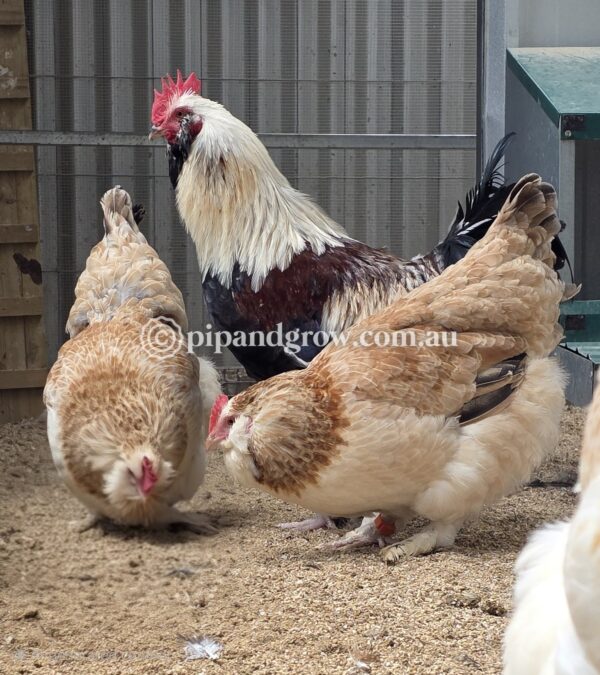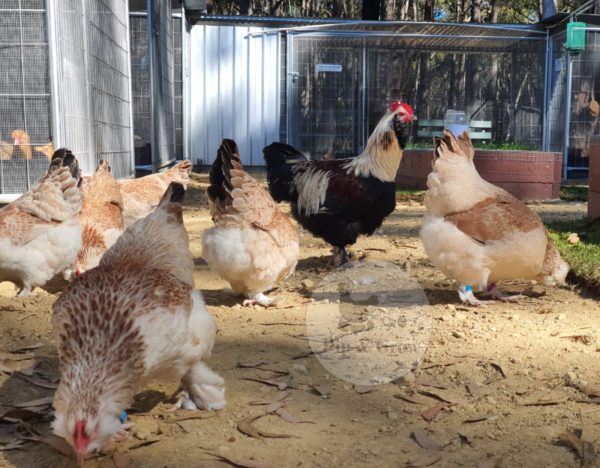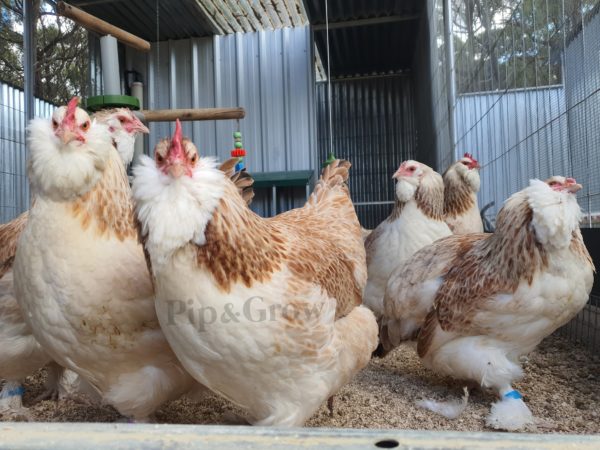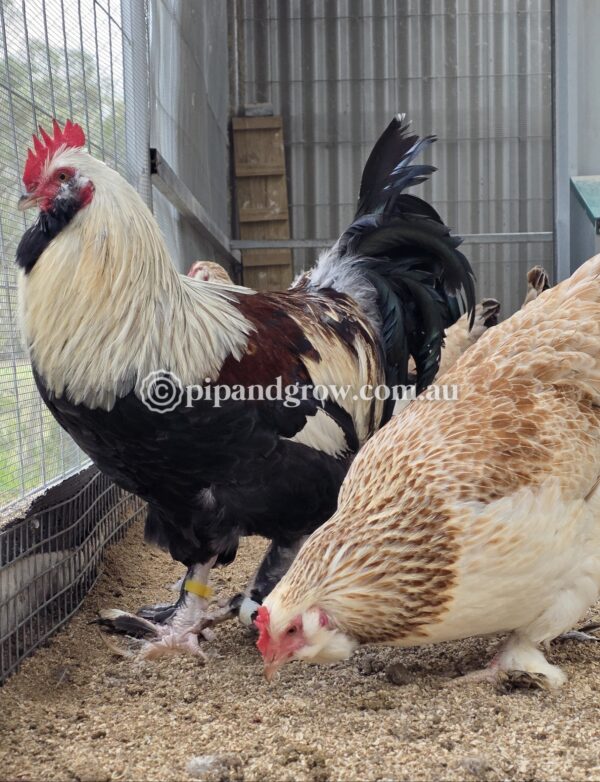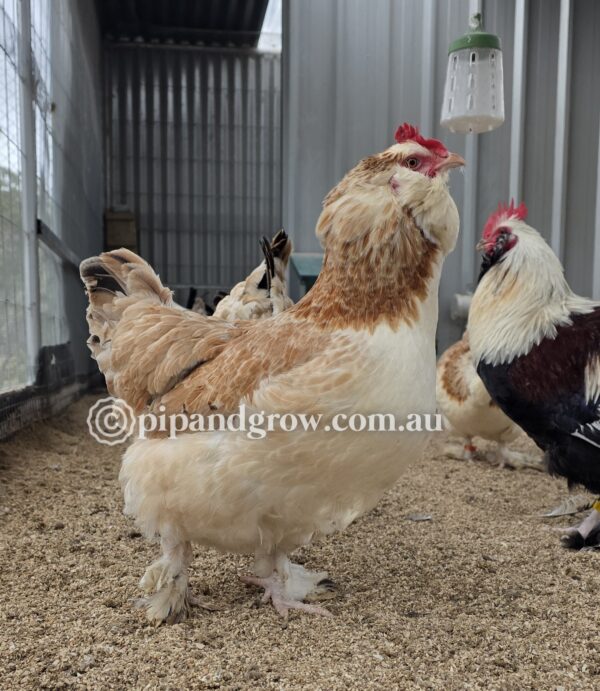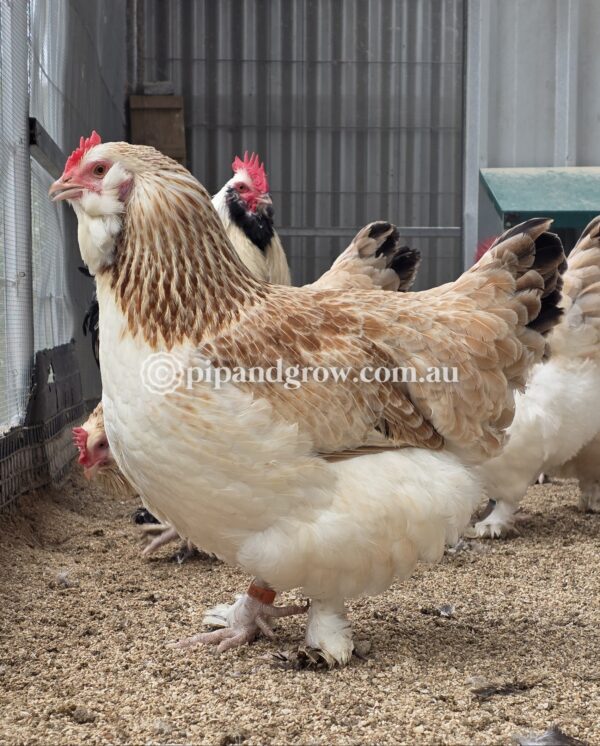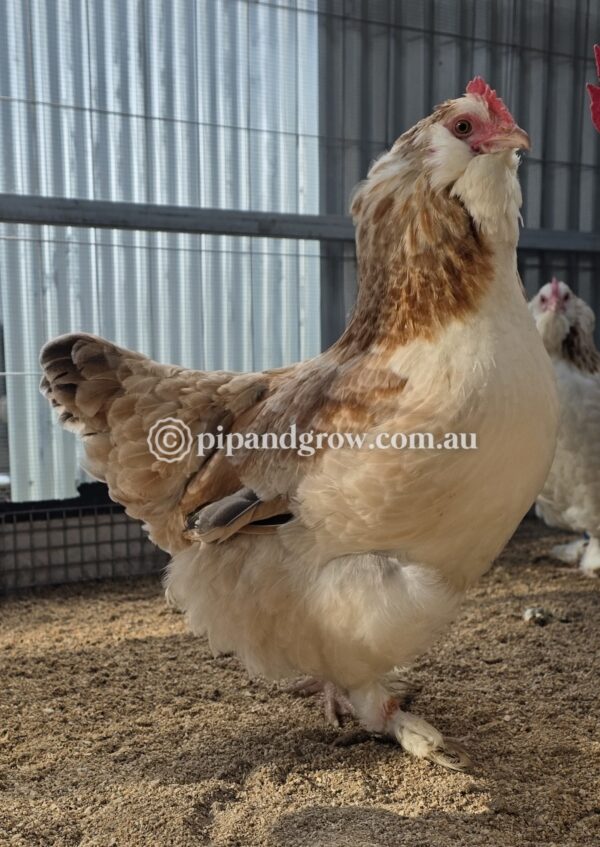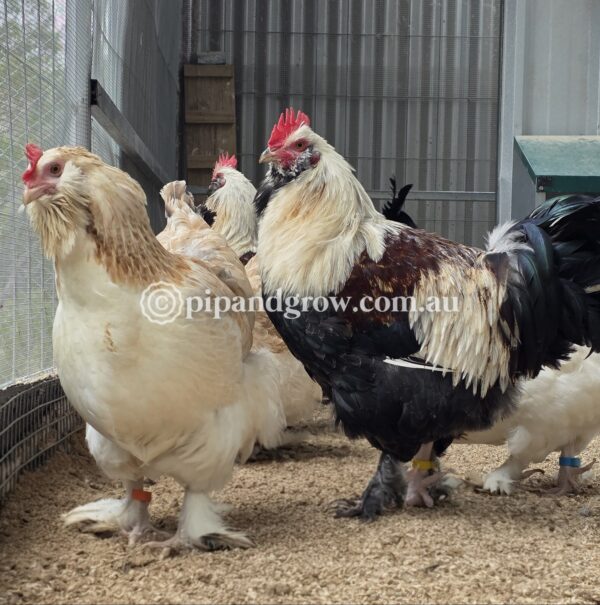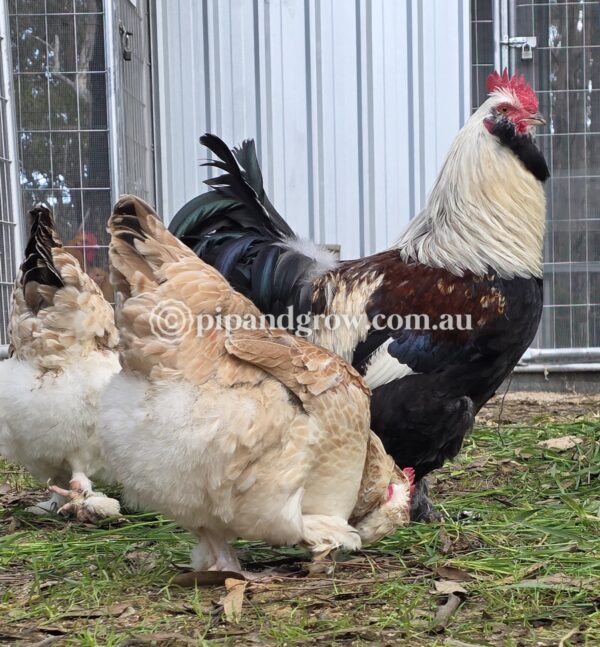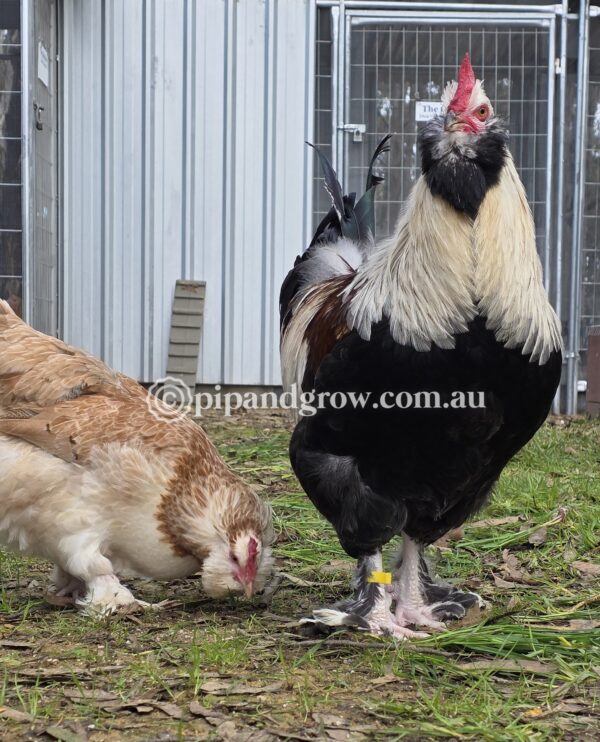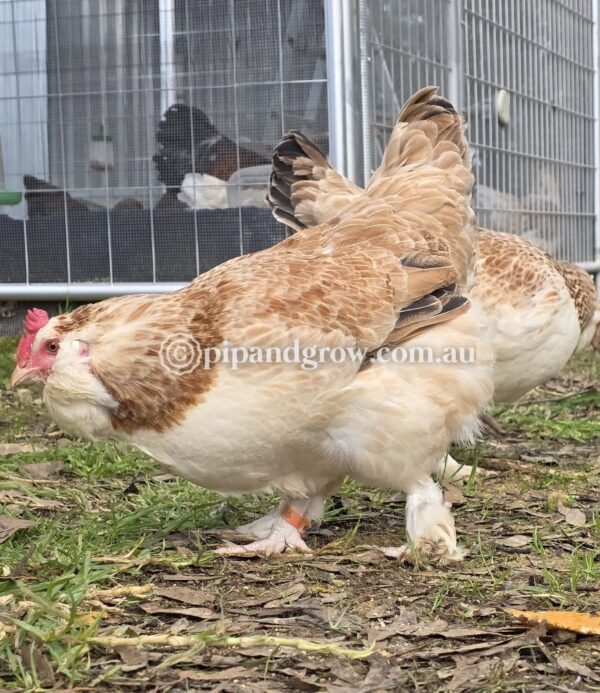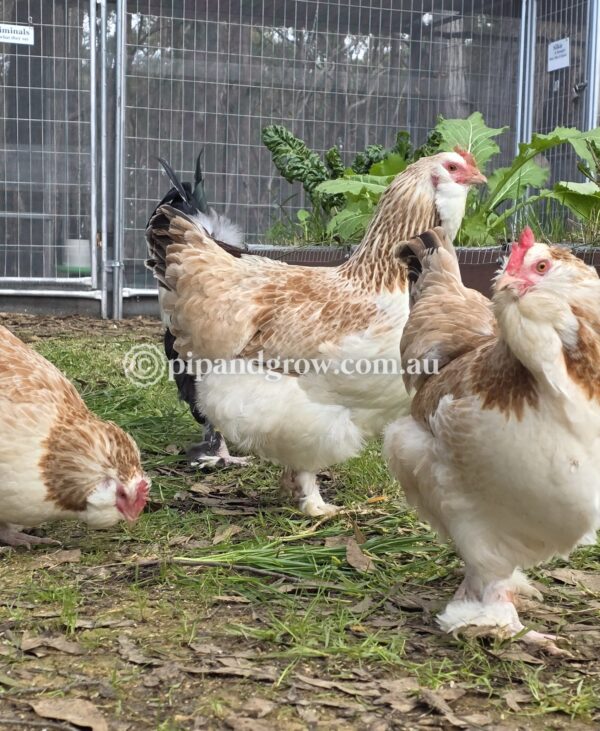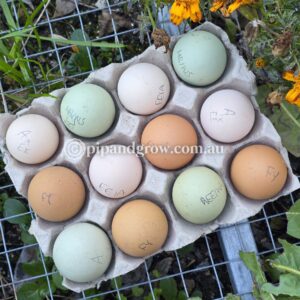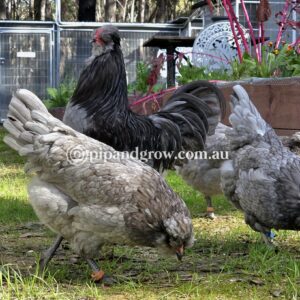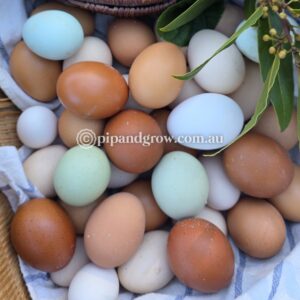Description
Order Status Guide
Updated :09/01/2026 As we approach the end of the breeding season, we will be taking orders on a week-by-week basis and are unable to accept pre/backorders. All available eggs listed on the website will be dispatched the following Monday–Tuesday.
- Add to cart → Orders placed now will be dispatched on Monday-Tuesday.
- Available on Back-order → We are currently filling existing orders. Your order will be allocated to the next available date, and an estimated dispatch timeframe will be emailed once we receive your order.
- Out of Stock → Hens are currently not producing enough due to broody hens, or we are monitoring fertility before making eggs available.
- Local pick up orders → We require a minimum of 24–48 hours’ notice to arrange pickup, as eggs need to be brought in from the farm.
- Originated in a small village in France called Faverolles
- Mature weight is between 2.6-4.5kg
- Fast – moderate maturing – first eggs around 6 -7 month
- Medium sized tinted/ cream / pink-ish eggs, expected to lay between 180-200 per year.
- Broodiness – Low to medium
- Maintenance – Low
Faverolles is a French breed known for its distinctive appearance, friendly temperament, and excellent egg-laying capabilities. Originating from the village of Faverolles in north-central France, this breed was developed in the late 19th century and quickly gained popularity for its dual-purpose qualities.
They are medium-sized birds with a stout and sturdy build. They have a unique appearance characterized by their feathered legs and feet, muffs and beards, and five toes (most chickens have four) adding to their overall fluffy appearance.
One of the most notable features of Faverolles is their gentle and sociable nature. They are known for being docile, friendly, and easily handled, making them excellent additions to backyard flocks and suitable for families with children. They are also relatively calm and quiet birds, making them well-suited for urban or suburban environments. They are good layers during season, making them reliable producers for home egg production. Additionally, Faverolles hens are known to go broody and make attentive mothers if allowed to hatch and raise chicks naturally.
This delightful breed is enthusiastic about everything they do, curious, friendly and comical. The hens are very cuddly and lovable, and they enjoy talking. They are hardy and tolerate wide range of climates, considerably fast growing breed compare to most other heritage breed. Due to their gentle and docile nature, Faverolles often find themselves at the bottom of the pecking order within a flock. Their heavily feathered feet can make them susceptible to muddy conditions, so pens should be designed to avoid this issue.
We specialize in breeding the Salmon variety of Faverolles. Our breeders come from three distinct bloodlines, including the renowned Chris Scholz line, which has played a significant role in shaping the current Australian Faverolles. Our current breeding birds are well-sized, with proper toe separation and beautiful plumage. Faverolles is a breed that excites us, and we are committed to further improving our line in the coming seasons.
Please see Faverolles – Open Poultry Standard Australia for more info and breed standards.
More info found on Breeds – Faverolles page
* Genetic Note on Faverolles *
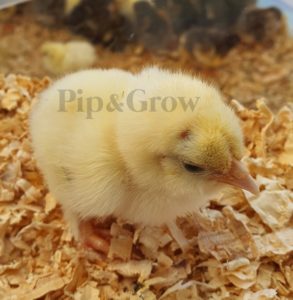
“Congenital Baldness” is a genetic trait that causes small bald spots on the head. In Faverolles, it is not sex-linked and is considered heritable. Whether it is recessive or dominant remains unclear, and some breeders suggest that incubation temperature may influence its expression. Unfortunately, due to its lack of commercial significance, limited research has been conducted on this trait.
Often, these bald spots get covered by feathers as the chickens grow, becoming unnoticeable, especially if the spots are small. Most importantly, they do not affect the overall health or happiness as backyard birds. However, birds with this condition should not be used for breeding. While congenital baldness can appear in various breeds, it seems to be more common in Australian Salmon Faverolles. Reports from Australian breeders trace this issue back as far as 2014, suggesting that many Faverolles lines in Australia may carry this trait now.
Our Faverolles line consists of three distinct bloodlines sourced from various breeders, including one from the original Faverolles breeder. Two of these lines have produced a small number of chicks with this condition, which were culled from our breeding program. The third line did not exhibit this trait but lacked other desirable breeding qualities, such as size and type. While none of our current breeding birds were hatched with this condition, we have observed it in some of our offspring. We want to make it clear that this is a potential occurrence and advise our customers to consider this before purchasing our Faverolles fertile eggs or chicks. (Note added in February 2025)
